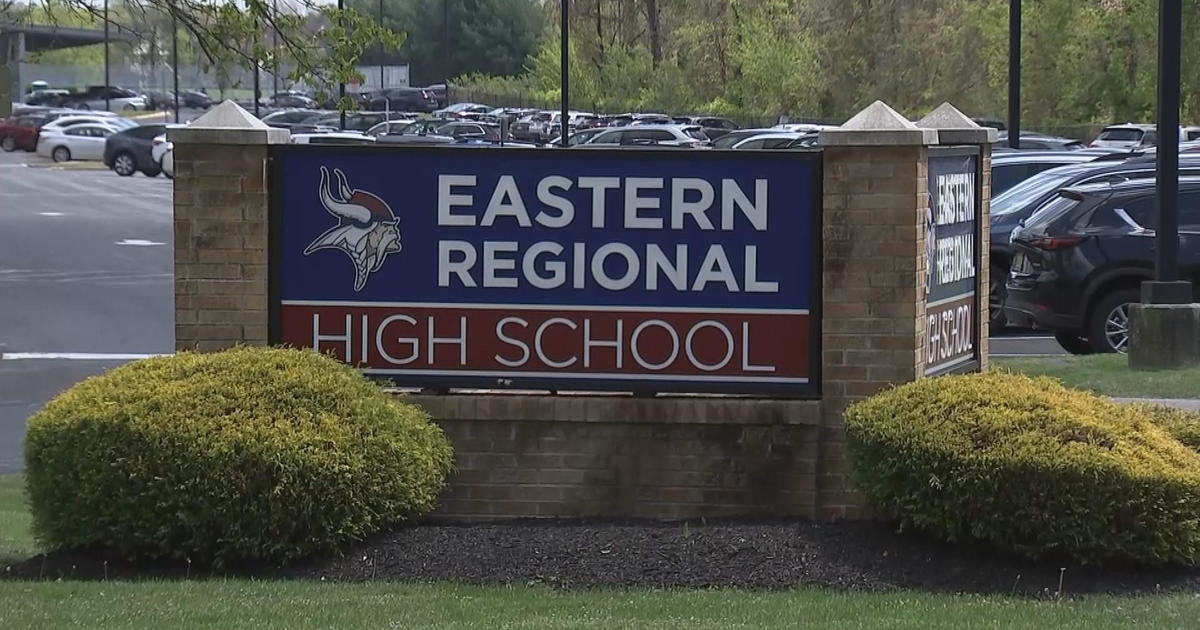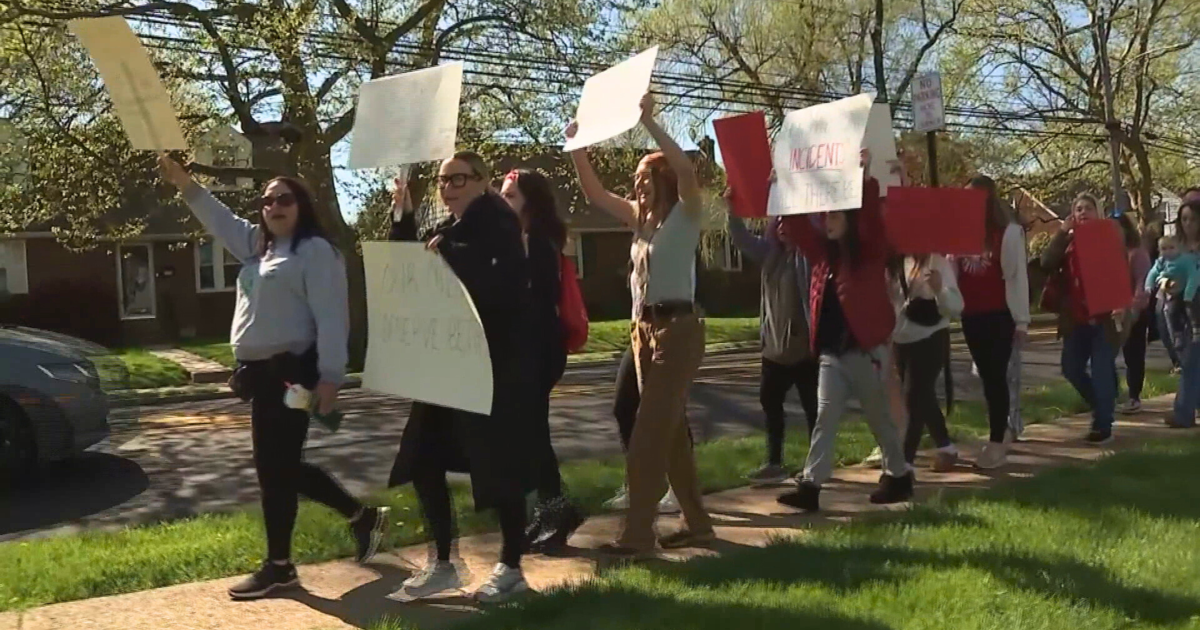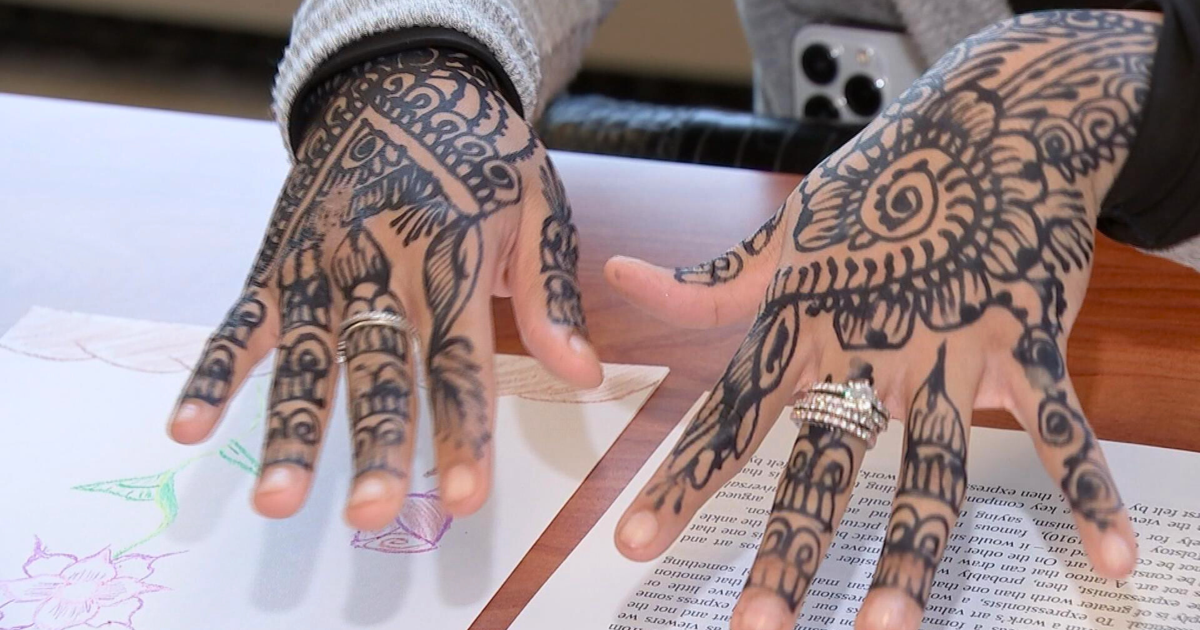Pa. School: Banned 'Boobies' Bracelets Are Vulgar
PHILADELPHIA (AP) -- An eastern Pennsylvania school district sued over its ban on "I (heart) boobies!" bracelets calls the phrase "vulgar" and says it led a middle-school boy to touch a girl's breast.
The Easton Area School District defended its ban on the breast-cancer awareness bracelets in a new court filing.
The American Civil Liberties Union sued the district last month on behalf of two girls suspended for wearing the popular bracelets. The ACLU considers it a free-speech case, but the school district strongly disagreed in papers filed Wednesday.
"The district did not suspend either student for the expression of her viewpoint. The district's actions were calculated to teach students appropriate ways to express their viewpoints," the filing said.
The two sides are due in federal court Dec. 16, when the ACLU will ask a judge to reverse both the ban and the in-school suspensions of plaintiffs Brianna Hawk, 13, and Kayla Martinez, 12. Both attend Easton Area Middle School.
Their suspensions came with a one-month ban on school activities, but U.S. District Judge Mary McLaughlin persuaded the school to let the girls attend a recent dance while the case plays out.
Schools from Florida to California have banned the $4 bracelets, which are sold by the nonprofit Keep A Breast Foundation of Carlsbad, Calif., to raise awareness and funds for breast cancer organizations.
Fans believe the irreverent message promotes discussions about breast cancer among young people.
Easton has said little publicly about their stance, but disclosed in court papers that the bracelets have caused distractions—and more.
"Middle school boys made sexual comments to middle school girls and there was a case of a boy touching a girl on the breast. All of these circumstances were disruptive to the classroom and each individual child's education," the school said.
The ACLU believes the school should focus on the inappropriate behavior, not the bracelets.
"They offer a couple of instances of, basically, boys behaving badly, but they don't tell us that they punished the boys behaving badly. Instead they want to cut off speech," lawyer Mary Catherine Roper said.
While school officials often argue they have the right to set their own limits on appropriate student speech, the U.S. Supreme Court has ruled otherwise, she said. The Supreme Court has allowed school bans on obscene, lewd and substantially disruptive speech, along with speech promoting illegal drug use.
"The right result is not that we can't talk about anything that a 12-year-old boy might make an inappropriate remark about," Roper said.
(© Copyright 2010 The Associated Press. All Rights Reserved. This material may not be published, broadcast, rewritten or redistributed.)



